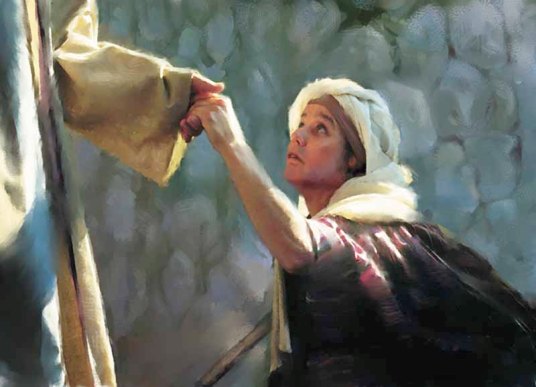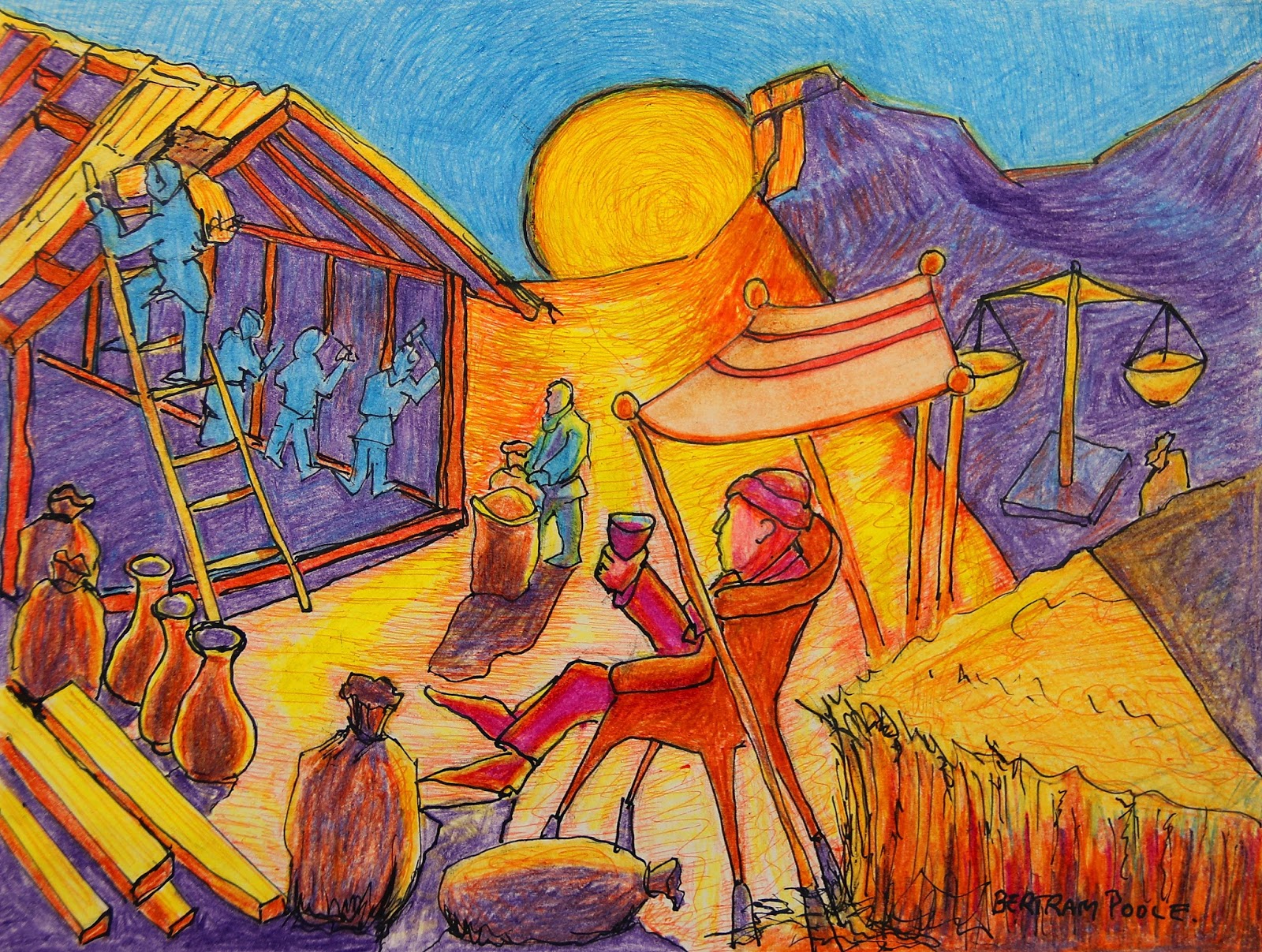
Offering hospitality to a stranger was and remains an important part of many Eastern cultures. So when we read the Gospel accounts of Jesus’ ministry, it’s not surprising that many of his interactions and much of his teaching happens around the meal table. Who you ate with and who you welcomed to your table were key indications of your social status.
The reading this week from Hebrews 13 suggests that when we show hospitality to strangers we may be entertaining angels without being aware of it, a likely reference to the story in Genesis where Abraham cares for the needs of three passing strangers, as captured in this famous icon originally written by Rublev. In the icon, it is the three persons of the Trinity who offer hospitality to Abraham, symbolized in the chalice of Communion.
Jesus suggests that when we have a luncheon or dinner, we have the opportunity to invite people beyond our circle of friends and family – the poor, crippled and blind – who cannot repay us. In this way we reflect the hospitality and welcome of God, which is offered freely to everybody. How open and inclusive is our hospitality – as individuals, as a community and as a nation? How might we enhance this vital ministry?




